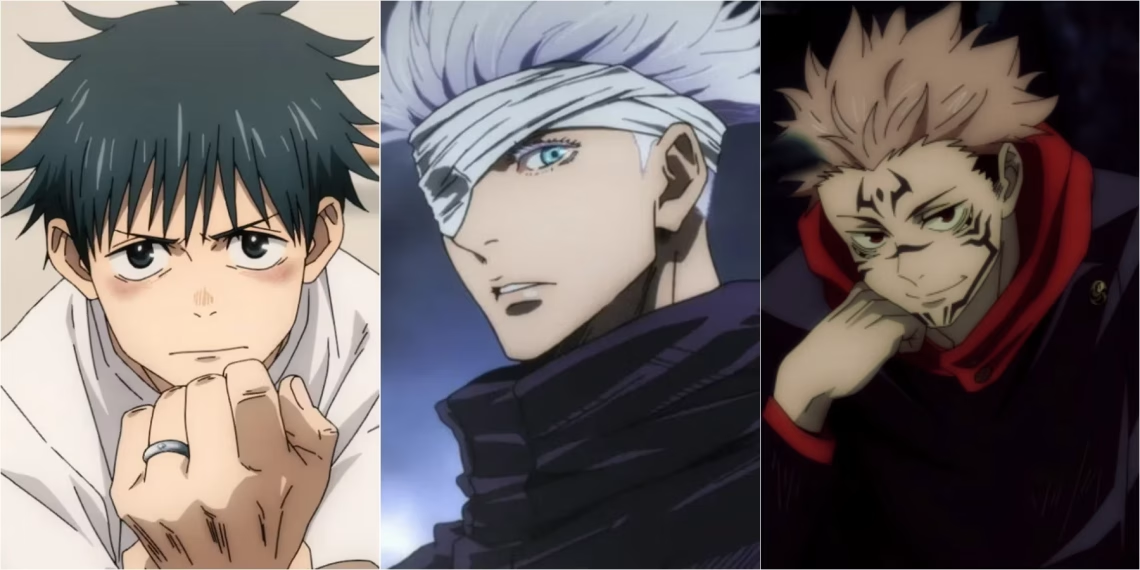Jujutsu Kaisen, created by Gege Akutami, stands as a prominent member of the “Dark Shonen Trio” in the manga and anime world, alongside Chainsaw Man and Hell’s Paradise: Jigokuraku. The series dives into the macabre and grotesque, led by its main protagonist, Yuji Itadori.
Initially, Itadori joins his school’s occult club, but his life changes dramatically when he consumes one of the fingers of the infamous cursed spirit Sukuna during a ritual gone awry to save his friend Megumi. This act makes him Sukuna’s vessel, granting him the ability to control the monstrous spirit, although it requires practice and further education to prevent Sukuna from going rogue and causing widespread destruction.
About Jujutsu Kaisen
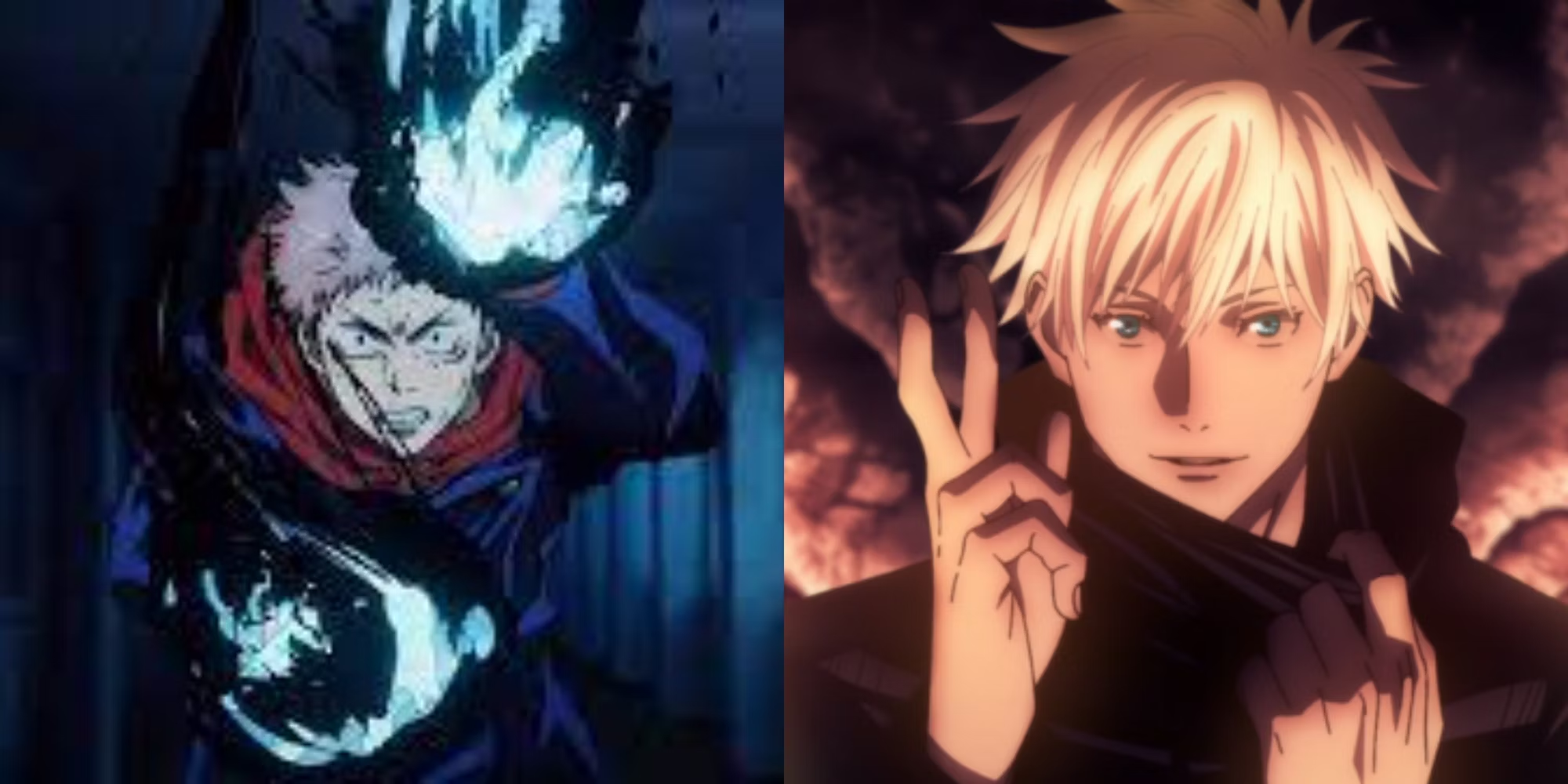
In the Jujutsu Kaisen universe, cursed energy fueled by negative emotions poses a constant threat to peace and goodness. Jujutsu Sorcerers are the last line of defense against this potential destruction. To harness and control his newfound powers,
Itadori is recruited as a first-year student at Tokyo Jujutsu High, joining fellow sorcerers-in-training Megumi Fushiguro and Nobara Kugisaki. Throughout the series, various other characters, including the immensely powerful Satoru Gojo, significantly influence the narrative.
The series has risen to prominence as the era of the Big Three Shonen anime wanes, stepping in to fill the gap left by classics like Bleach, Naruto, and One Piece. Jujutsu Kaisen’s title holds a deeper meaning that aligns with the dark themes of the series.
The Meaning Behind “Jujutsu Kaisen”
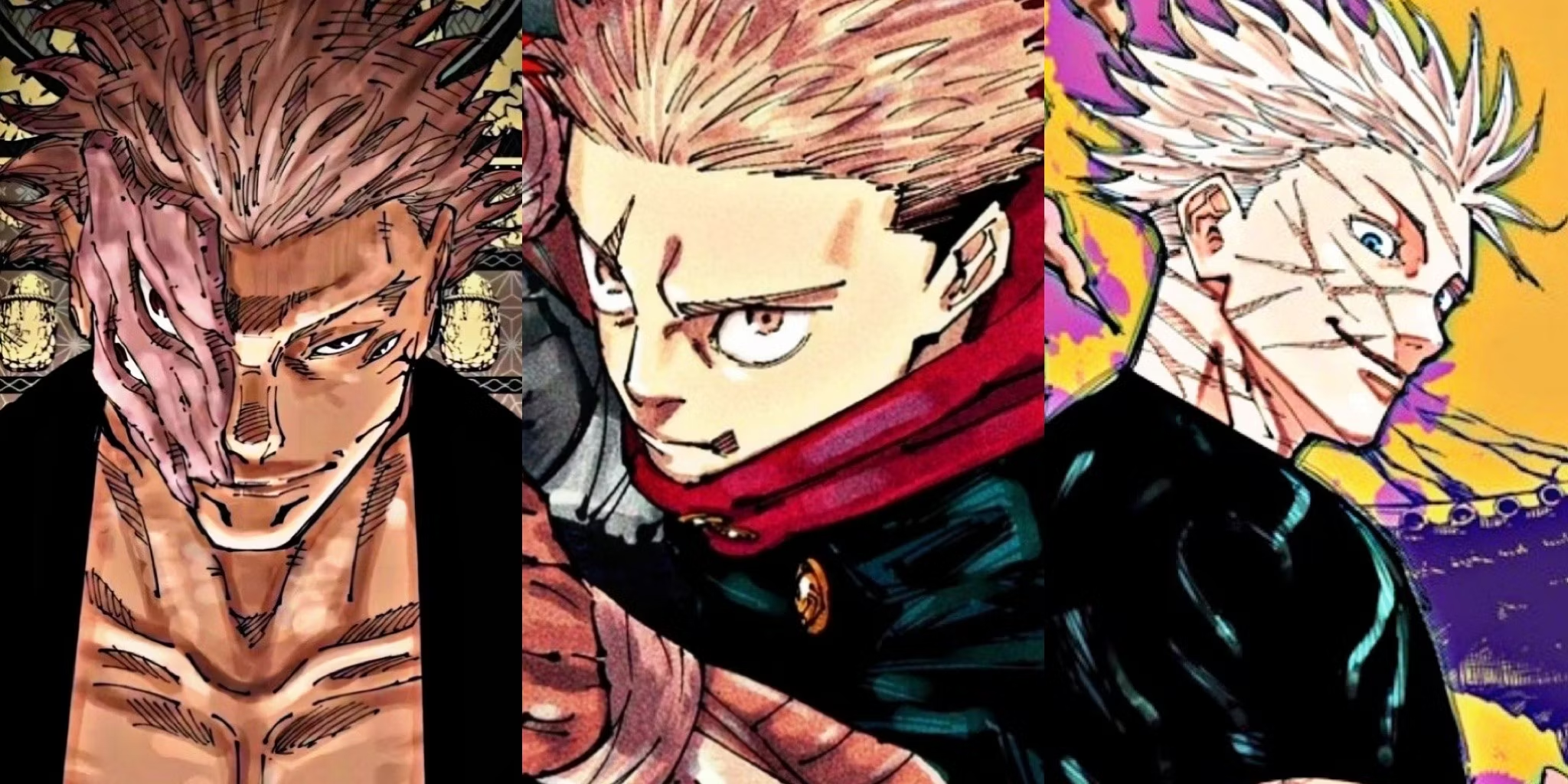
Directly translated, Jujutsu Kaisen means “Sorcery Fight.” However, Jujutsu goes beyond mere sorcery, more accurately translating to curse or cursed technique, known as Jujutsushiki in the series. This term describes the unique abilities possessed by Jujutsu Sorcerers. The word jutsu, meaning method or technique, has been commonly used in other manga and anime, such as Naruto, to describe combat techniques.
Kaisen, on the other hand, is a combination of two Kanji created by Akutami. The Kanji for Kai means “to rotate” or “circle around,” while Sen means “battle.” When combined with Jujutsu, the title encapsulates the story’s essence as an “Endless Battle of Curses.” This interpretation highlights the series’ dark nature and the recurring conflicts that define its plot.
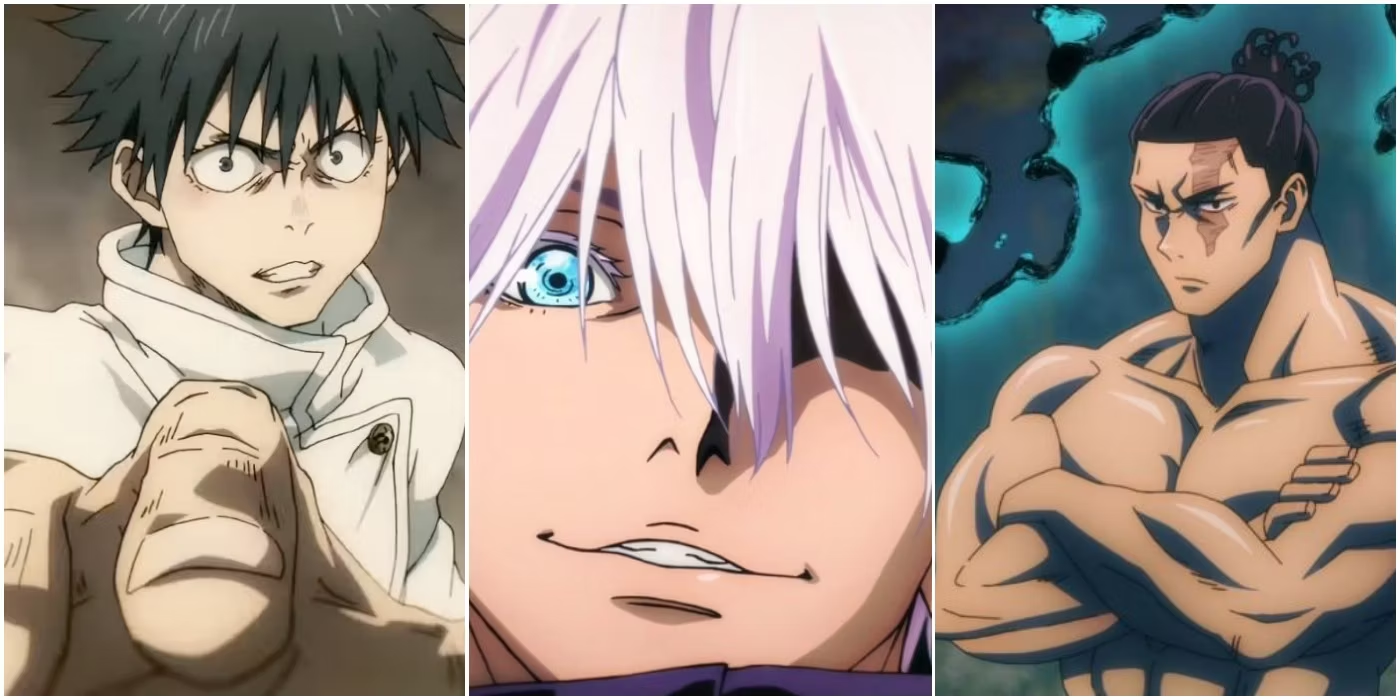
One character, Toge Inumaki, uses a peculiar vocabulary, relying on words like “Salmon” (Shake) for yes and “Bonita Flakes” (Okaka) for no. This odd practice stems from his inherited cursed speech ability, which forces him to be cautious with his words to avoid causing disasters.
Cursed word users can compel others to obey commands, making simple words like “die” lethal. To prevent unintended harm, Inumaki covers his mouth and uses safe words derived from onigiri fillings. Interestingly, he is also a fan of onigiri, especially the tuna mayo variety. This unique communication method and the etymological background of his vocabulary add depth to the series.
HIstory of Jujutsu Kaisen
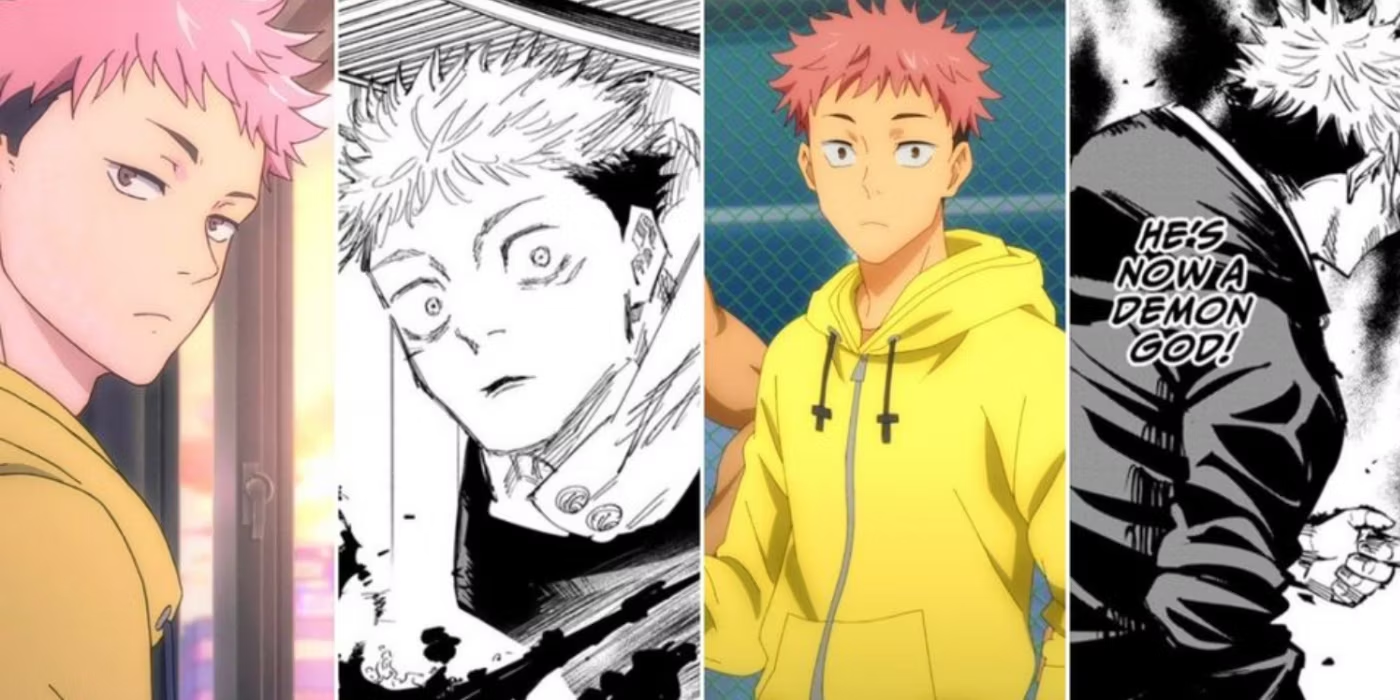
Gege Akutami launched Jujutsu Kaisen in Weekly Shonen Jump in 2018, and the series has steadily gained momentum, resulting in 24 tankobon volumes to date. Before this, Akutami worked on Tokyo Metropolitan Curse Technical School, which has since been established as a prequel to Jujutsu Kaisen, with its animated adaptation titled Jujutsu Kaisen 0. Both manga series are available in the West, making it easy for fans to access them through bookstores or online retailers.
The anime adaptation of Jujutsu Kaisen, handled by studio MAPPA, premiered at the end of 2020. The anime’s success brought the franchise into the mainstream, with audiences praising its execution. Many fans have noted similarities between Jujutsu Kaisen and other classic works like Yu Yu Hakusho, considering it a perfect distillation of battle Shonen anime tropes.
The first season concluded in early 2021, and the second season aired from summer to winter of 2023. Following the recent season’s end, a sequel anime covering the manga’s “Culling Game” story arc was announced, with MAPPA expected to continue its work on the series despite controversies over its working conditions. The series’ 47 episodes are available for streaming on Crunchyroll and Netflix.


